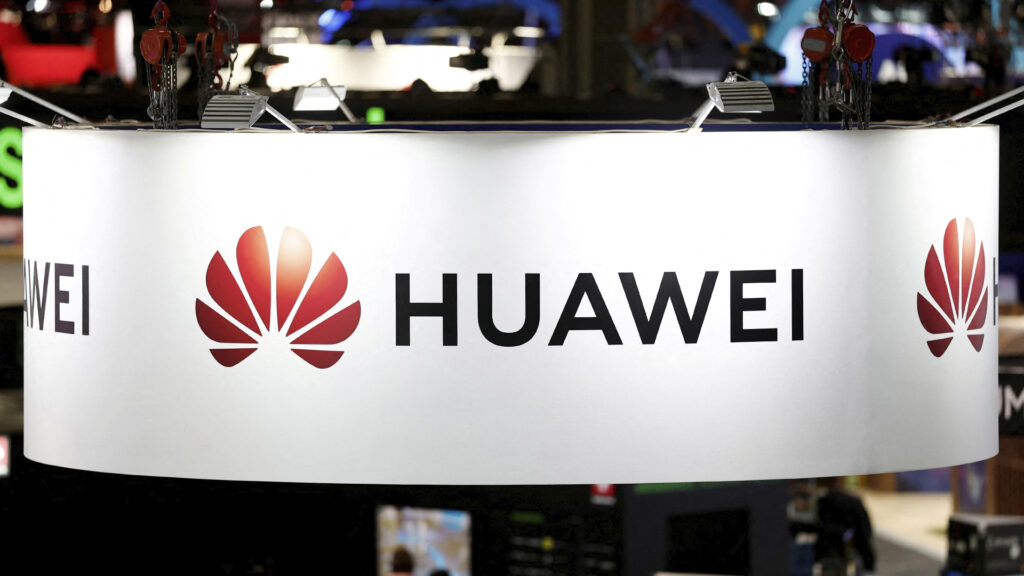
China’s technology giant Huawei has unveiled its long-term chip strategy and pledged to release some of the world’s most powerful computing systems, breaking years of secrecy around its chip-related business. Huawei also presented timelines for its Ascend artificial intelligence chips and Kunpeng server chips, highlighting China’s push to reduce its reliance on imported semiconductors, such as those made by Nvidia, Reuters reported.
Among other breakthroughs, Huawei’s current rotating chairman Eric Xu said the company has developed its own high-bandwidth memory. He announced that the Ascend 950 artificial intelligence chip — a successor to the Ascend 910C launched in the first quarter of 2025 — will be released next year, followed by the Ascend 960 in 2027 and the Ascend 970 in 2028.
Plans also include new supernodes designed to interconnect thousands of chips at high speeds. The Atlas 950, capable of supporting 8,192 Ascend chips, is scheduled for launch in the fourth quarter of 2026. The Atlas 960, supporting 15,488 Ascend chips, will follow in the fourth quarter of 2027. According to Xu, the Atlas 950 will significantly surpass its counterparts on every major metric. Reuters noted that these supernodes are successors to the Atlas 900 (CloudMatrix 384), which operates 384 Ascend 910C chips. New versions of the Kunpeng server chip are expected to deploy in 2026 and 2028.
The outlet also observed that Huawei’s announcement appeared carefully timed to maximize impact ahead of the Sept. 19 talks between U.S. President Donald Trump and Chinese President Xi Jinping, which follow a round of trade negotiations between the two countries.

